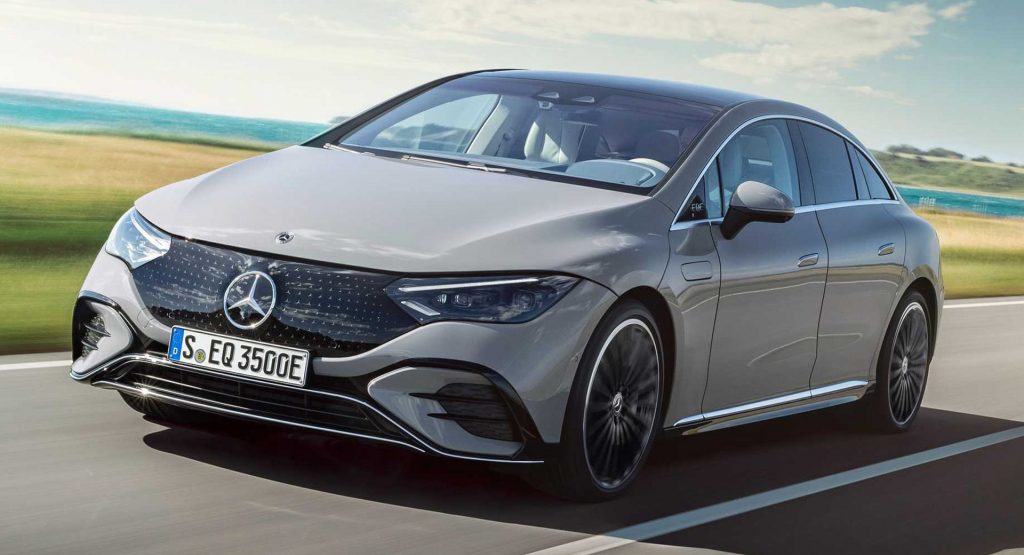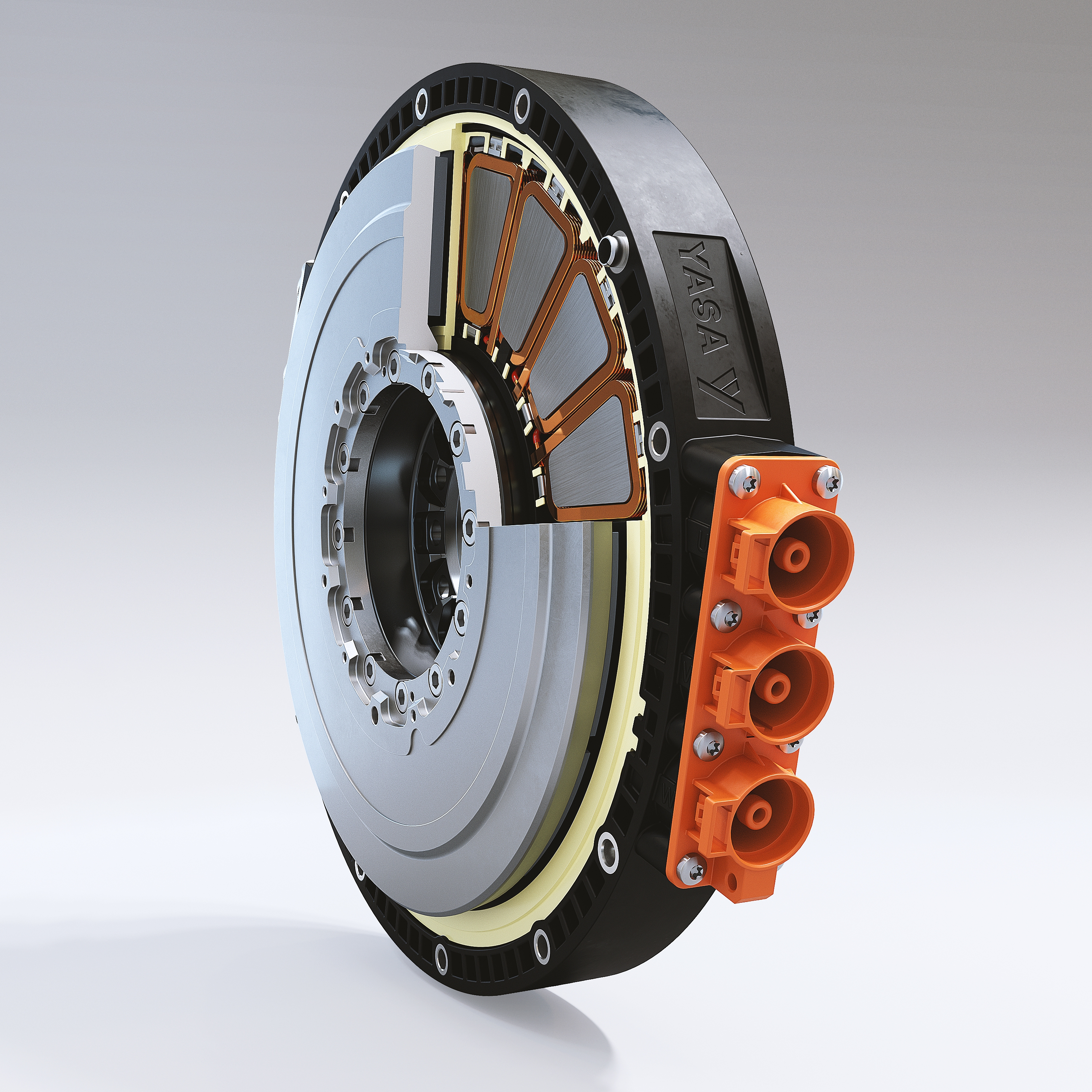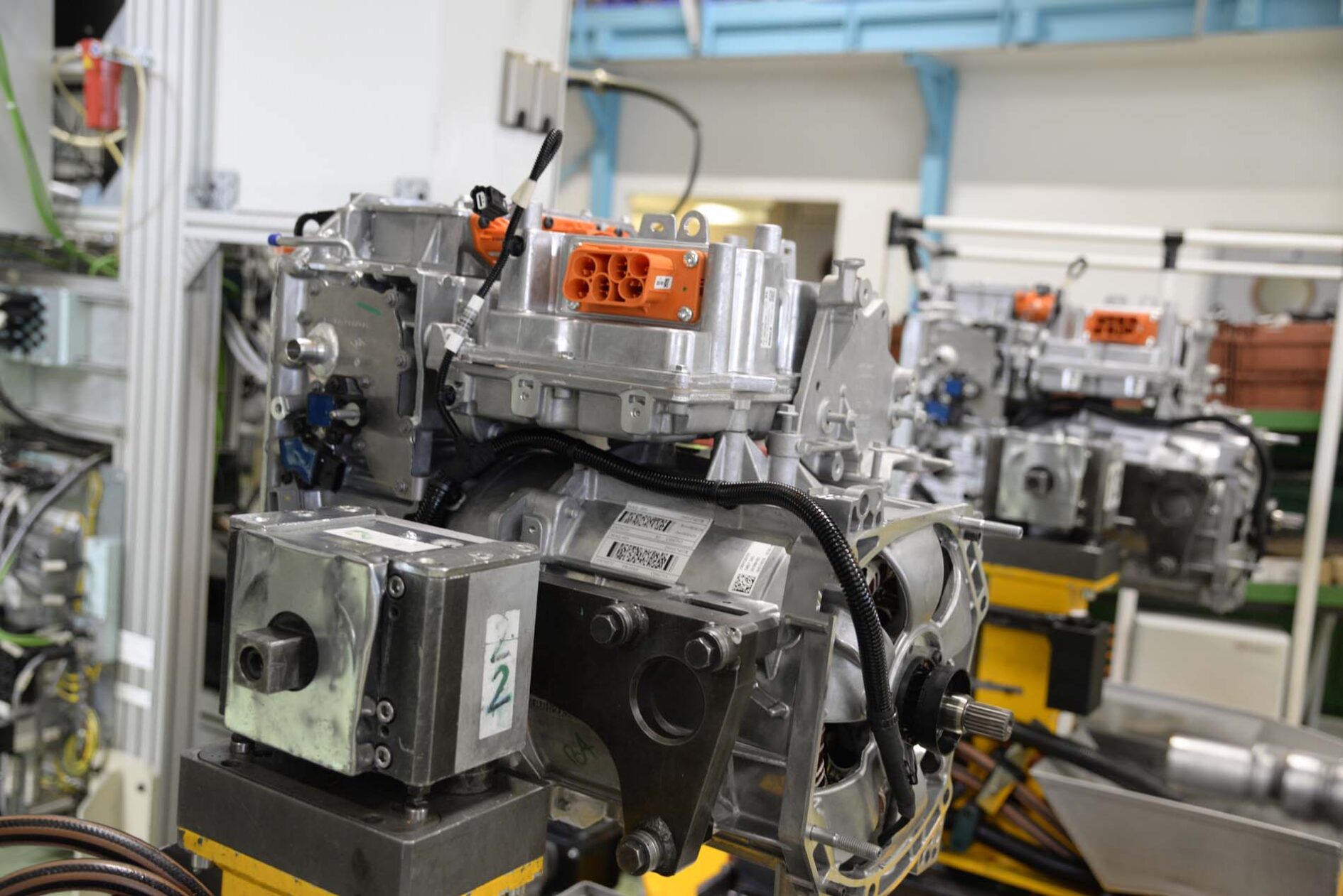Car manufacturers are racing to launch new and exciting electric vehicles and as the industry develops, it won’t just be battery packs that get more advanced. Electric motors themselves are also improving at a rapid rate.
Many industry experts believe that efficiency gains made to EVs over the coming years will come just as much through developments in motor and power electronics as they will through advanced new battery packs. Indeed, car manufacturers such as Mercedes-Benz and Renault believe the future of electric motors is axial flux technology, just like many expect solid-state tech to become the future of battery packs.
“The electric motor is not a commodity,” Mercedes-Benz said last year. “It’s a fast-developing technology where innovation and expertise will drive performance and differentiation.” The German car manufacturer has already confirmed that EVs from the AMG brand will use advanced axial flux motors developed in-house. BMW is also working on new motors.
Read More: Mercedes To Bring Production Of EV Powertrains In-House From 2024
However, there are some concerns about electric motors and their use of rare earth metals. Auto News notes that up to 80 per cent of EV motors today use permanent magnets featuring metals such as neodymium, praseodymium, dysprosium, and terbium. Extracting these materials creates toxic waste and many of them are mined and processed in China. The synchronous motors used by Renault and BMW lack these rare earth materials but not all automakers are following suit. For example, the permanent magnet motors used by the Volvo XC40 Recharge do have rare earth metals.
“The reason why we have chosen this is the pure efficiency or torque or power density, and because of the best trade-off of power density, torque density and efficiency for these engines, most likely we will stick with this technology at least for the time being,” solution manager electric propulsion at Volvo Cars, Lutz Stiegler, told Auto News.
Volkswagen says that it has reduced the number of rare earths used in its motors and is investigating motors without rare metals.
Developments in electric motors are important and could also have a significant impact on jobs in the automotive space. An EV generally has 50 per cent fewer parts than a combustion-powered vehicle and requires 30 per cent less labor. In a bid to retain jobs, many car manufacturers are looking to build electric motors in-house. Companies such as Renault are already building their own motors while Mercedes, Stellantis, and Volvo are also moving towards making motors in-house.





